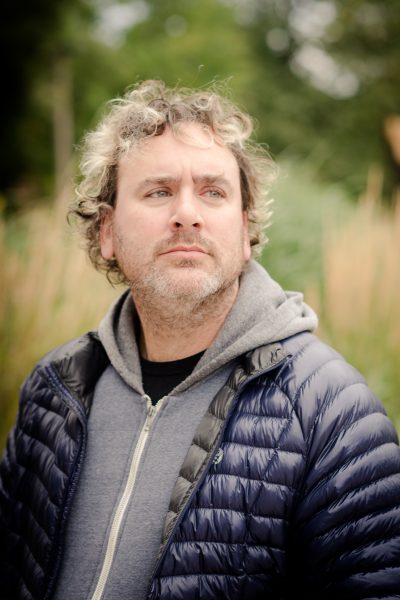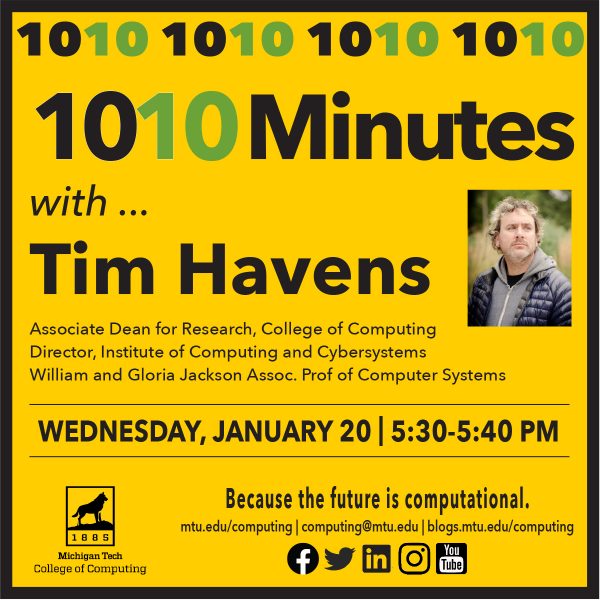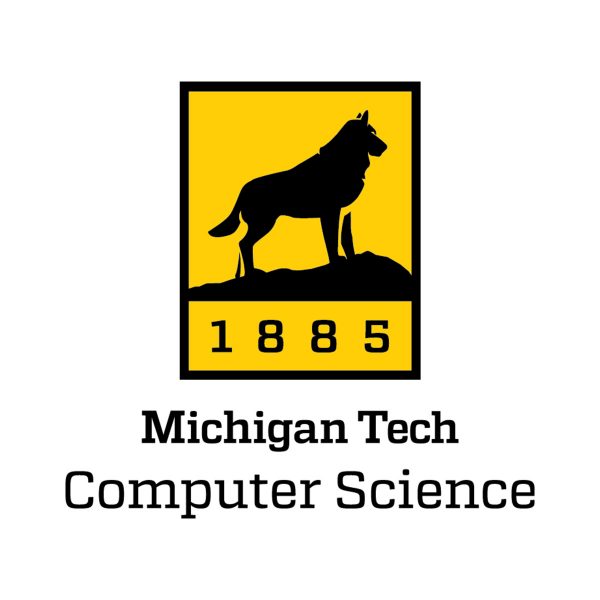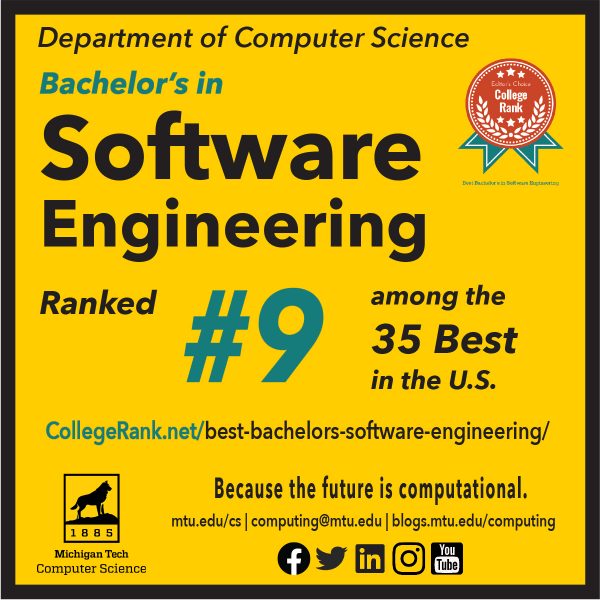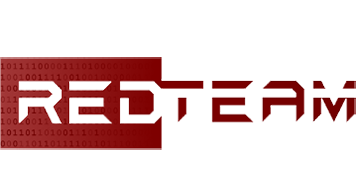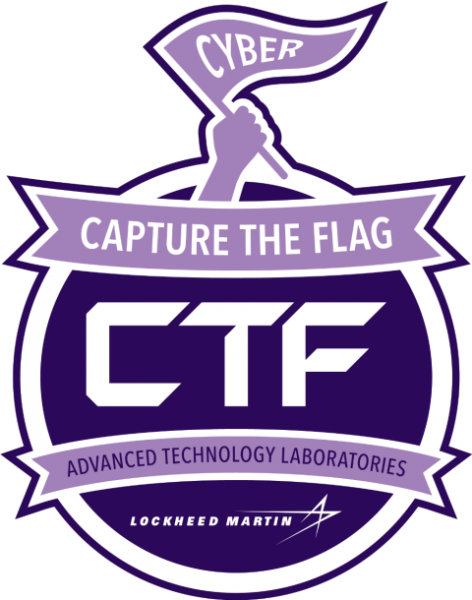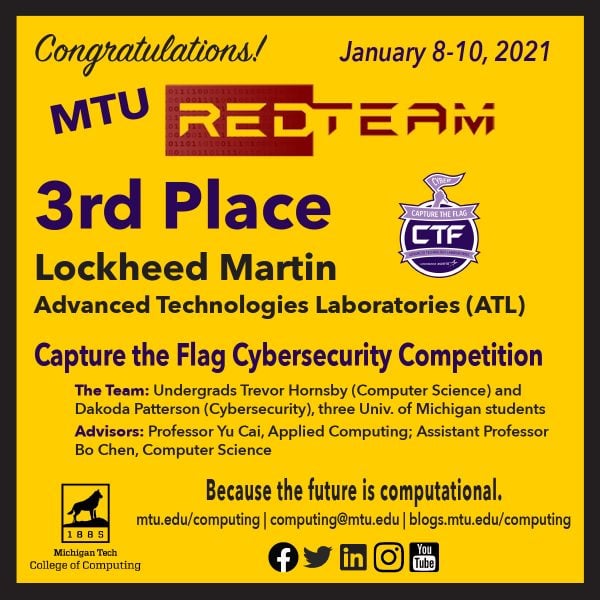New graduate students at Michigan Tech are invited to our virtual Smart Start. In Smart Start, we’ll introduce students to resources and policies to assist them to have a successful start to their graduate careers. It will be especially useful for students in their first year, but all students are welcome to attend.
The seminar will be recorded for any students who cannot attend the zoom meeting. The seminar will be held at 2 p.m. today (Jan. 20) via Zoom. Please register online to receive streaming information and reminders to attend. It will be taped and available online for those unable to attend at that time.
